Welcome to a weekly series here on Pew Pew Tactical dedicated to the gun news you need to know.

So, keep reading for this week’s notable news headlines…
Table of Contents
Loading…
Dozens of States File Lawsuits Against ATF’s “Engaged in the Business” Ruling
More than two dozen state attorney generals filed suit this week against the ATF’s latest rule attempting to re-define what “engaged in the business means.”
In total, 26 states backed three federal lawsuits questioning the ATF’s authority to change laws without Congressional approval.
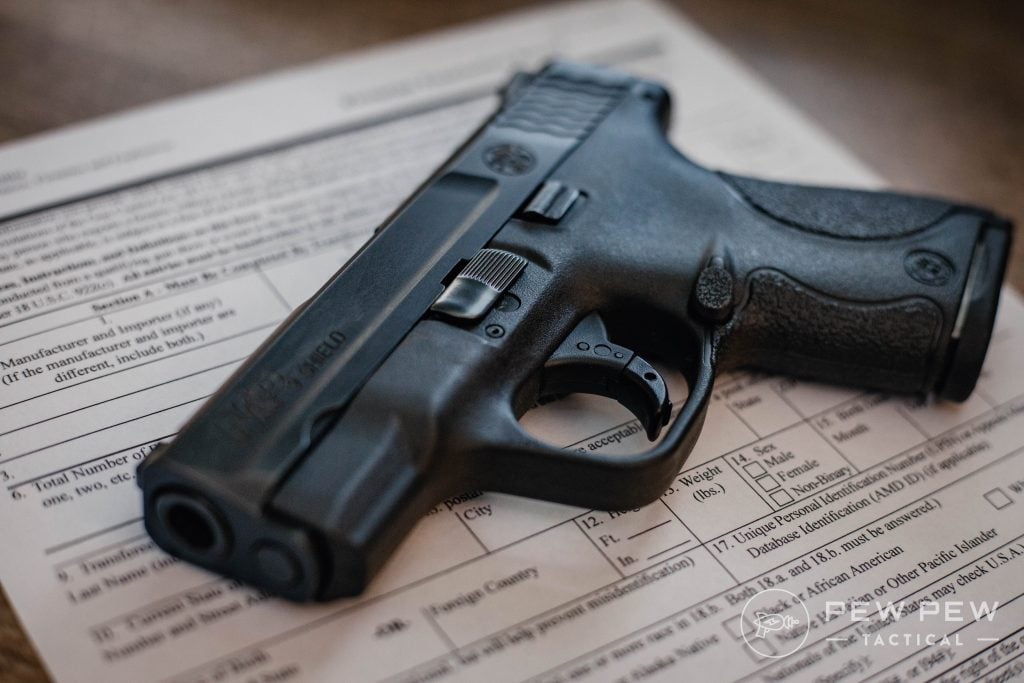
The separate lawsuits were filed in federal courts around the U.S. A 16-page complaint by Florida Attorney General Ashley Moody was filed in the U.S. Eleventh Circuit, and a 72-page complaint by Texas Attorney General Ken Paxton in the U.S. Fifth Circuit.
Arkansas Attorney General Tim Griffin and Kansas Attorney General Kris Kobach filed a 51-page complaint with the backing of 19 other state attorney generals, which included Alabama, Alaska, Georgia, Idaho, Indiana, Iowa, Kentucky, Missouri, Montana, Nebraska, New Hampshire, North Dakota, Oklahoma, South Carolina, South Dakota, Tennessee, Virginia, West Virginia, and Wyoming. With its co-plaintiffs, this filing comprises the U.S. Eight, First, Fourth, Sixth, Seventh, Ninth, and Tenth Circuits.

The lawsuits all allege that the ATF has exceeded its scope and authority with the Rule.
“Under a new rule, Definition of ‘Engaged in the Business’ as a Dealer in Firearms, 89 Fed. Reg. 28,968 (Apr. 19, 2024) (‘Final Rule’), ATF claims the power to reach and regulate (via an extensive licensing scheme) a citizen who makes a local sale of even one firearm to another individual,” Kansas et. Al v. Garland et al. argues.
“Defendants’ claim of authority to implement this scheme dramatically upends both our constitutional traditions and the federal firearms licensing regime Congress designed. Not only does the Final Rule go beyond the Defendants’ statutory authority, but it also contradicts the applicable statutory language. The Final Rule is therefore unlawful, and this Court should set it aside.”
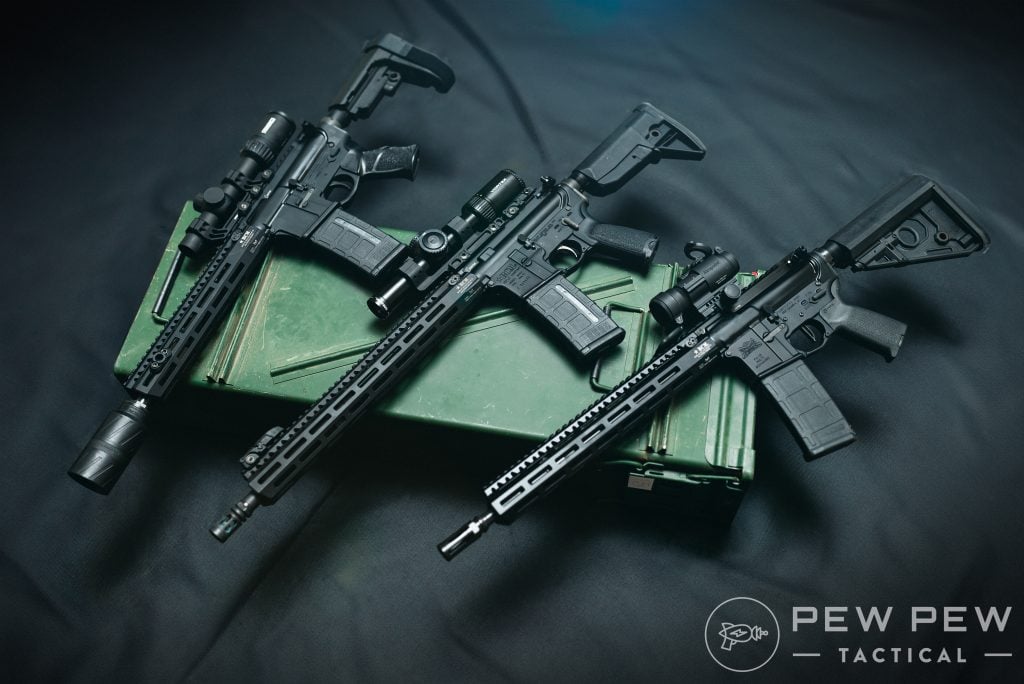
The complaints all request injunctive relief to stop the enforcement of the rule, and the three-pronged approach improves the case’s chance of an appearance at the Supreme Court.
At the heart of the complaints is the ATF’s Final Rule regarding who is considered “engaged in the business” of firearms dealing and, therefore, must conduct federal background checks. The implications of the ruling have widespread consequences for gun owners – especially those who routinely buy and sell guns.
To learn more about the Engaged in the Business Final Rule and how it impacts you, check out our full write-up.
Biden Administration Targets Overseas Gun Exports
In a new rule announced last week, the U.S. Commerce Department plans to change its policies regarding firearms exports.
Outlined in a 130-page document, the Interim Final Rule changes the Commerce Department’s policies regarding the legal export of guns, ammo, and parts. Under the new guidelines, specific factors will be considered before license applications will be approved.
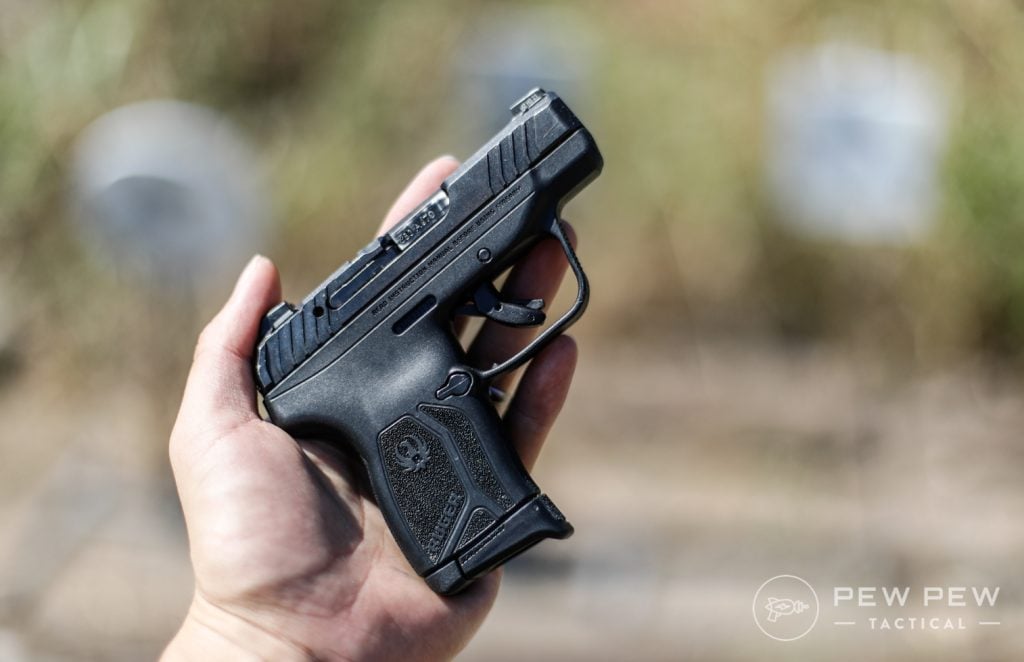
Factors like “high-risk destination” with increased levels of terrorism or trafficking will garner more scrutiny while at least 36 countries are already placed on a “presumption of denial” list. Additionally, the length of export licenses has been scaled back from four years to one.
The policy comes six months after the Department placed a 90-day pause on new gun and ammo-related export licenses.
By limiting the number of guns that can be exported, the possibility of American guns being used in crimes and violence overseas decreases, according to the Biden Administration.
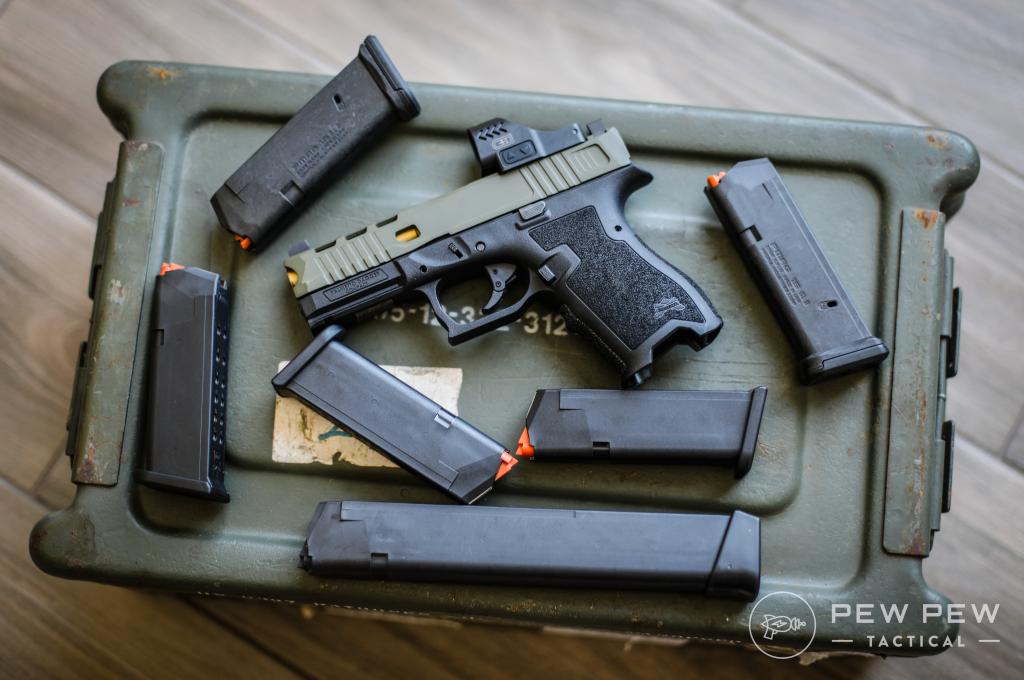
“The Commerce Department is protecting America’s national security by making it harder for criminals, terrorists, and cartels to get their hands on U.S.-made firearms,” U.S. Commerce Secretary Gina Raimondo explained.
But firearm proponents don’t see this as a solution, but instead another attack on the gun industry by the Biden Administration.
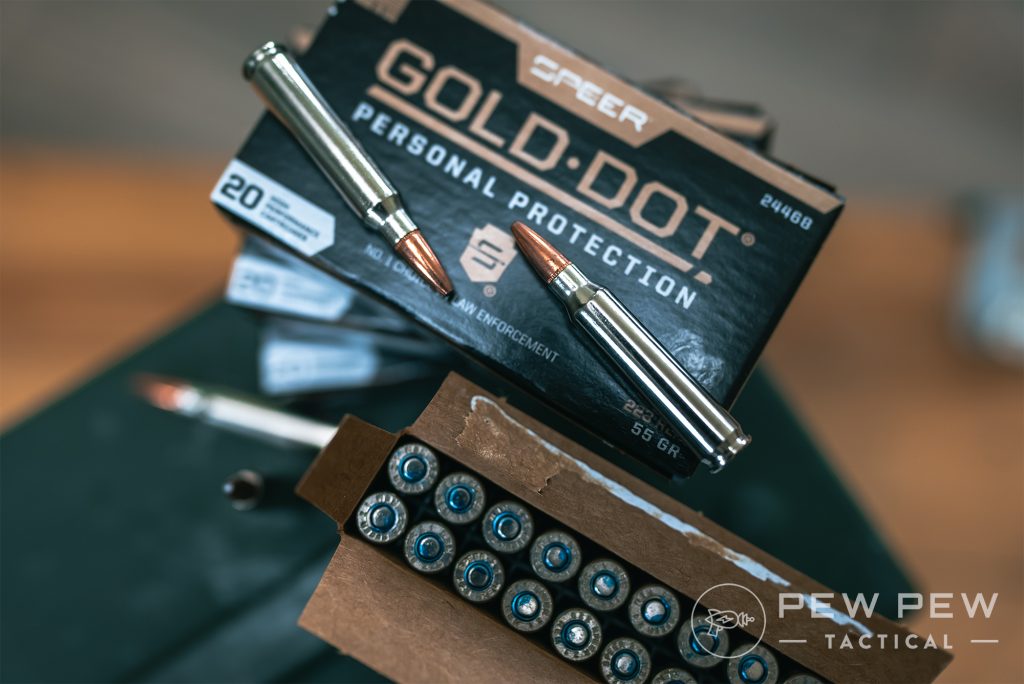
“The enmity of the Biden administration against the firearm industry and Second Amendment rights is without parallel,” Lawrence G. Keane, NSSF Senior Vice President & General Counsel, said in a statement. “This is deeply troubling the lengths to which this administration will go to turn the levers of government against a Constitutionally-protected industry in order to cozy up to special-interest gun control donors.”
According to the ATF’s Annual Firearms Manufacturing and Export Report from 2022, the U.S. exported 629,014 firearms.
- Pistols: 337,680
- Revolvers: 24,691
- Rifles: 217,833
- Shotguns: 43,312
- Misc. Firearms: 5,498
The NSSF says the new rule will have a major economic impact on American jobs and companies. In total, the NSSF estimates it will put a stop to $250 million in overseas firearm, ammo, and parts-related sales.
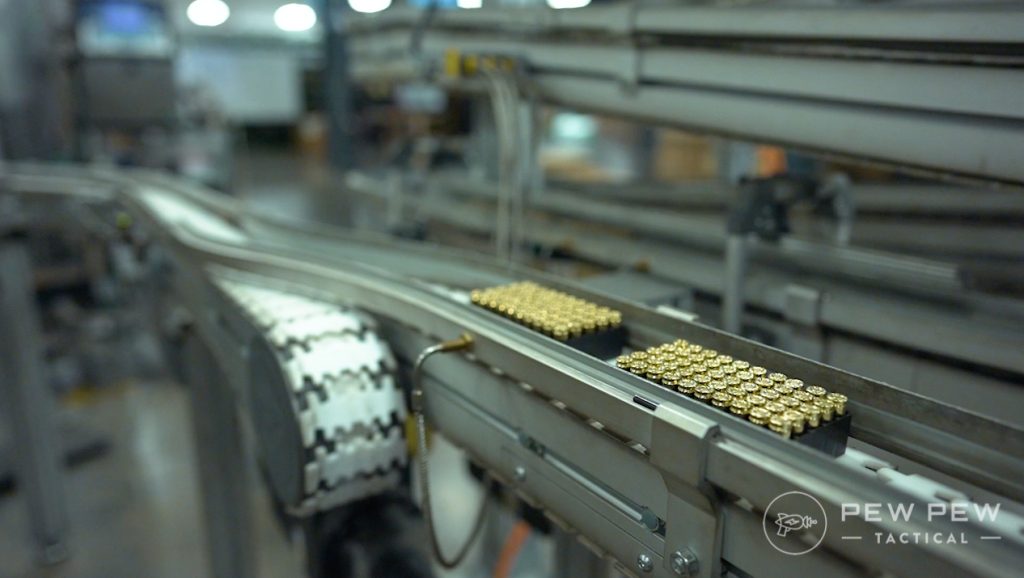
“The supposed ‘temporary pause’ to review firearm export policies was a farce. It was an effort to buy the administration time to gin up policies that would strike at the heart of the ability of this industry to stay in business,” Keane said.
“This has been the end goal since President Biden said from the Democratic debate stage that ‘firearm manufacturers are the enemy.’ This is a wholesale attack on the industry that provides the means for Americans exercising their Second Amendment rights.”

The NSSF says it is considering legal options and will submit written comments against the new rule.
The Interim Final Rule has been published in the Federal Registrar, and the public comment period is open until July 1.
Czech Investment Group Buys Steyr

A Czech Republic-based investment group announced its acquisition of Austrian firearms maker Steyr Arms this week.
RSBC Investment Group, headquartered in Prague, purchased Steyr from SMH Holding Group, assuming a 100% stake in the company.

Steyr was founded in 1864 by Josef and Franz Werndl and purchased by the German-based SMG Holding in 2007. Under the new acquisition by RBSC, the gun company has joined AREX Defense, which was bought by RSBC in 2017.
RSBC plans to place the two brands together in a division led by current AREX CEO Tim Castagne.
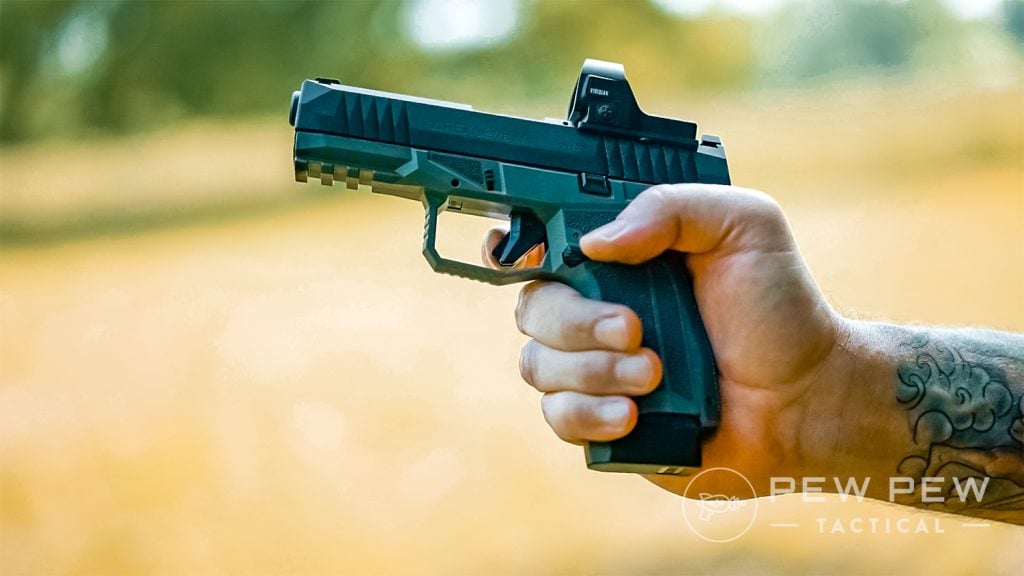
“Steyr Arms has an excellent reputation and tradition in the world,” Robert Schönfeld, founder of the RSBC Group, said in a statement.
“It stands for trust and quality. Its products are among the best in the hunting, civilian, and defense sectors. We firmly believe that the range, resources, and deep expertise of RSBC will contribute to the successful growth of Steyr Arms.”
The companies have opted not to disclose the amount of the acquisition.

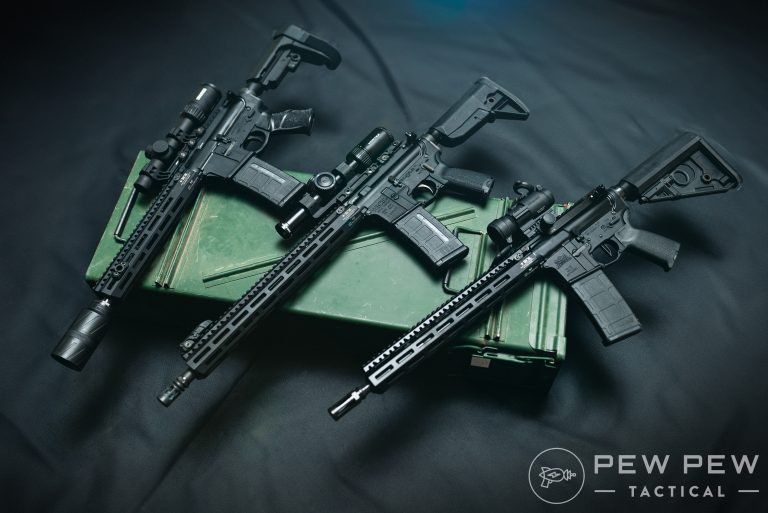







1 Leave a Reply
Love arex arms and excited how they bring Stryker further into the 21st century